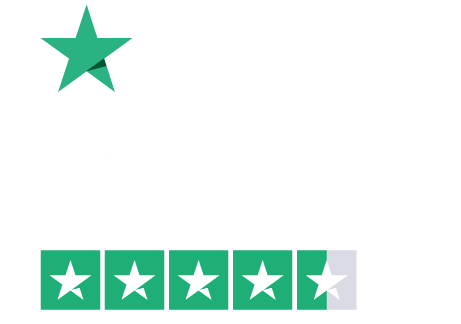What is PAYE Tax?
PAYE (Pay As You Earn) tax is the system that HM Revenue and Customs (HMRC) uses to collect Income Tax and National Insurance Contributions from employees’ paychecks.
HMRC Self-Employed Workers: A Change Impacting Taxes
Over 500,000 self-employed brits could face unexpected tax bills due to a lesser-known alteration made by HMRC. This modification in the tax system might catch many self-employed workers off guard, resulting in higher tax payments, even if their profits haven’t risen.
Reform in Tax Reporting
HMRC has modified how Sole Traders report their income, now basing business taxes on profits calculated for the tax year ending April 5th, starting from 2024. Previously, businesses reported profits based on their accounting year end date, which might differ from the tax year end.
Impact and Concerns
While HMRC claims the new rules will simplify and make tax reporting fairer and more transparent, tax experts are concerned about the potential unpreparedness of hundreds of thousands facing substantial tax bills.
Transitional Period and Potential Challenges
Although the rule changes take effect from the coming April, a transitional period has begun in the 2023-24 tax year. This mandates sole traders to report income from the day after their accounting year end up to April 5, 2024, resulting in a taxation span covering more than one year.
Advice for Businesses and Taxpayers
Partnership businesses are advised to monitor their cash flow and ensure they have adequate funds reserved to settle increased tax bills. Organizations like the Association of Independent Professionals and the Self-Employed urge HMRC to communicate these changes effectively to avoid unwelcome surprises.
Who’s Affected and What Actions to Take?
These changes impact unincorporated businesses (sole traders and partnerships) lacking an accounting year ending between March 31st and April 5th. Limited companies remain unaffected.
Actions for Affected Individuals
If you’re impacted, you’ll need to report your business profits for 2023-24 from the day after your accounting year end up to April 5, 2024. This might mean maintaining two sets of accounts and potentially paying more taxes for the year.
Addressing Tax Burden
HMRC plans to spread the transitional profit over five years to ease the tax burden. Alternatively, you can opt to accelerate the tax charge in one year to reduce future tax impacts. It’s advisable to set aside funds to cover the additional tax liabilities.
Considering Changes and Practicality
To streamline reporting to HMRC, consider aligning your accounting period with the tax year. However, this might not be feasible for certain businesses, such as farming businesses, where a different accounting period may offer cash flow advantages.
Conclusion:
Understanding the alterations in tax rules, especially for self-employed workers, is crucial to avoid unexpected tax bills. HMRC’s adjustments aim for a simpler tax system, yet the impact on over 500,000 workers cannot be ignored. Despite the relief options offered by HMRC to spread the additional tax over five years or accelerate charges, the reality remains: affected individuals will pay more taxes without necessarily earning more. It’s imperative for businesses to plan ahead, considering potential cash flow challenges and exploring ways to adapt to these changes. Clear communication from HMRC about the reforms is vital to help those affected navigate these new tax rules smoothly.
Get in Touch
If you find yourself among the 500,000 self-employed individuals facing potential tax challenges due to the recent HMRC rule changes, Lanop Business and Tax Advisors are just one step away. Our experienced team understands the complexities of the new tax reporting system and can guide you through the transition seamlessly. With locations in Putney, Harley Street, and Battersea in South West London, we are easily accessible for personalized consultations.
Our expert Tax Advisors in London can assist you in navigating the altered tax landscape, ensuring compliance, and optimizing your financial strategy to minimize the impact of these changes on your business. Let us provide the expertise and support you need during this transitional period, helping you manage your finances effectively and avoid any unwelcome surprises.
Just fill in your details Here for tailored assistance from one of the best tax advisory firms in UK.









